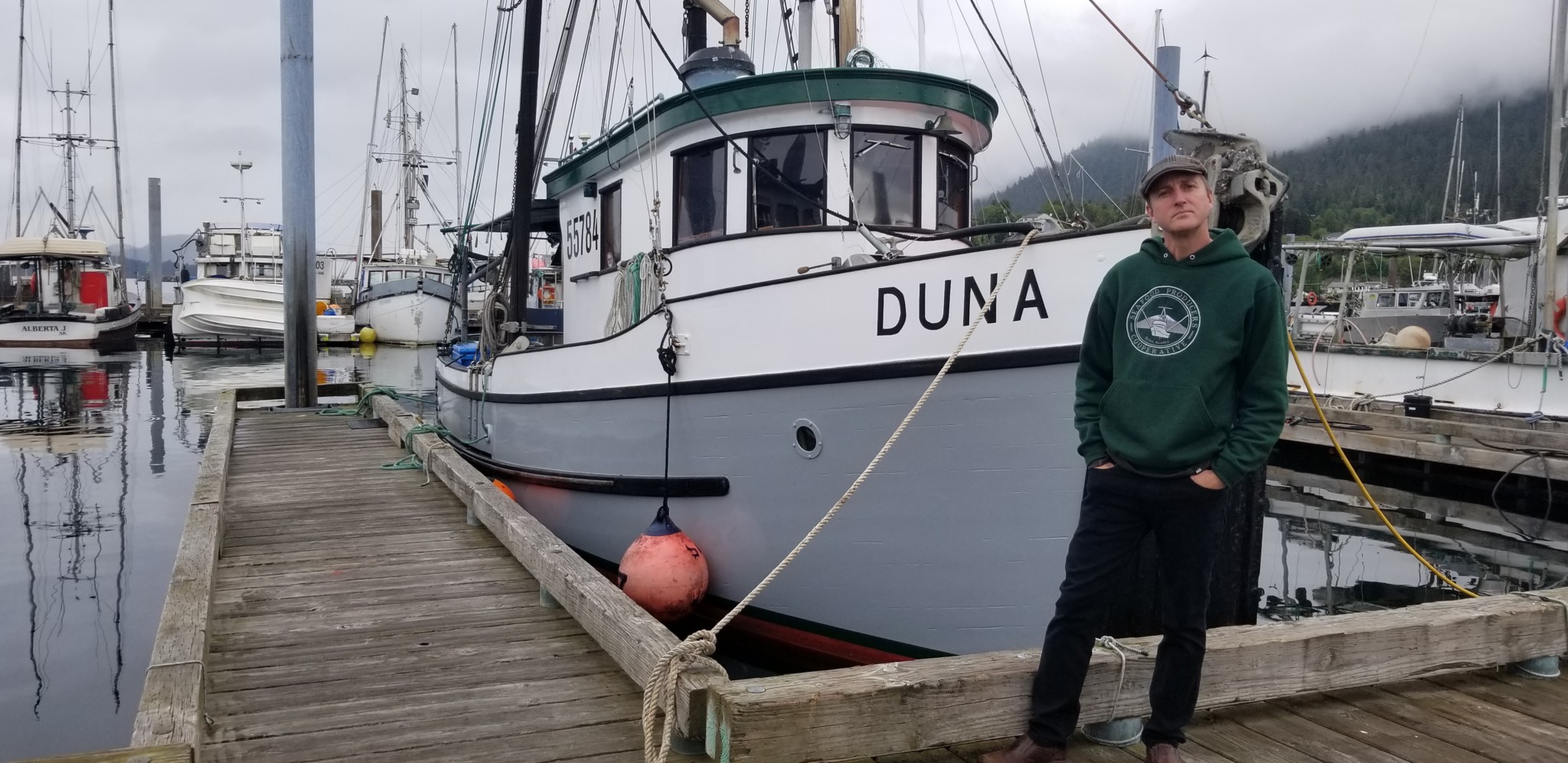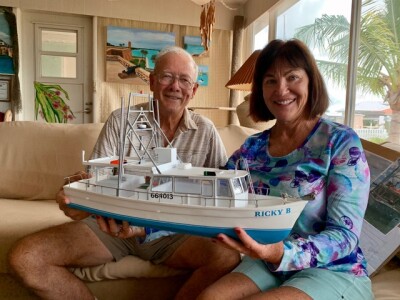Take it from me, a happy, successful salmon troller fishing Southeast Alaska for the last 27 years: If you like catching salmon in the North Pacific, especially if you make a living doing it, don’t let people mess around with the Roadless Rule protecting the Tongass National Forest. Lifting the Roadless Rule is plainly against your interests.
The Tongass makes a lot of salmon, to the tune of 50 million salmon a year — 80 percent of all caught in Southeast Alaska and 25 percent of all caught on the entire West Coast! You're the fisherman reliant on world class salmon habitat to make buck. Know where your bread is buttered.
I know there are a few characters out there, some elected, who think it’s a brilliant idea to lift protections on the Tongass and make the last remaining stands of old growth trees — primo salmon habitat — accessible to road building and large-scale clear-cutting. What could go wrong for fishermen? You know deep down that these guys are only trying to improve the Southeast Alaska economy, not just for themselves, but for everyone concerned, right? I've heard them say all kinds of things — that it's not even about logging, that they'll never damage spawning streams, that they merely want to bring high speed Internet to rural communities! Believe all that if you want to. I tend to believe in boatloads of seven-plus-pound cohos in September.
Fact is, the Southeast Alaska economy is driven by a sustainable commercial fishing industry and tourism. Together these sectors contribute 25 percent of the economy, more than $500 million a year, while the remains of an unsustainable, taxpayer-subsidized timber industry contributes less than 1 percent. Seiners, gillnetters, trollers, guided sport anglers, cruise ships, tour boats and all imaginable adjunct businesses are the real earners in SE AK. We’re the ones paying the bills around here, and now a small, irresponsible minority wants to pluck the goose that lays the golden eggs. Don't know about you, but I'd rather keep the Tongass goose safe with that Roadless Rule, and keep untrustworthy hands off her.
I'm all for a sustainable, value-added timber industry that will keep jobs in Southeast, by the way. I built my home in Sitka (paid for entirely by salmon trolling) out of selectivity harvested timber from the Tongass. Spruce from Wrangell. Red cedar from Thorne Bay. Hemlock from Hoonah. And all while the Roadless Rule was in place. I felt really fortunate to be in a position to contribute to the local economy and put sustainable fish dollars into sustainability harvested — not clear-cut — timber dollars.
Of course, if you don’t much care for salmon fishing anymore, if the wild coast feels a bit too wild, and you think there’s a quicker or easier dollar to be had building muddy roads across salmon streams or loading cargo ships with the last remaining old growth trees bound for China, well, I guess lifting the Roadless Rule makes a whole lot more sense to you than any happy, successful salmon troller ever will.
Editor's Note
Tuesday, Dec. 17 is the deadline for public comments on the Tongass Roadless Rule. As of Monday, Dec. 16, five commercial fishing organizations support Alternative 1— no action/keeping protections in place:
Alaska Trollers Association
Southeast Seiners Association
Alaska Longline Fishermens Association
United Fishermen of Alaska
Southeast Seafood Producers Cooperative
Public comments will be accepted until midnight Alaska time on Dec. 17, 2019. Comments can be submitted in writing online, via email or fax, by mail, or in person.
Online: www.fs.usda.gov/project/?project=54511
Email: akroadlessrule@fs.fed.us
Mail: USDA Forest Service
Attn: Alaska Roadless Rule
P.O. Box 21628
Juneau, Alaska, 99802
Fax: 907-586-7852
In-person: Forest Service
709 W. 9th St., Room 535B
Juneau, Alaska 99801







